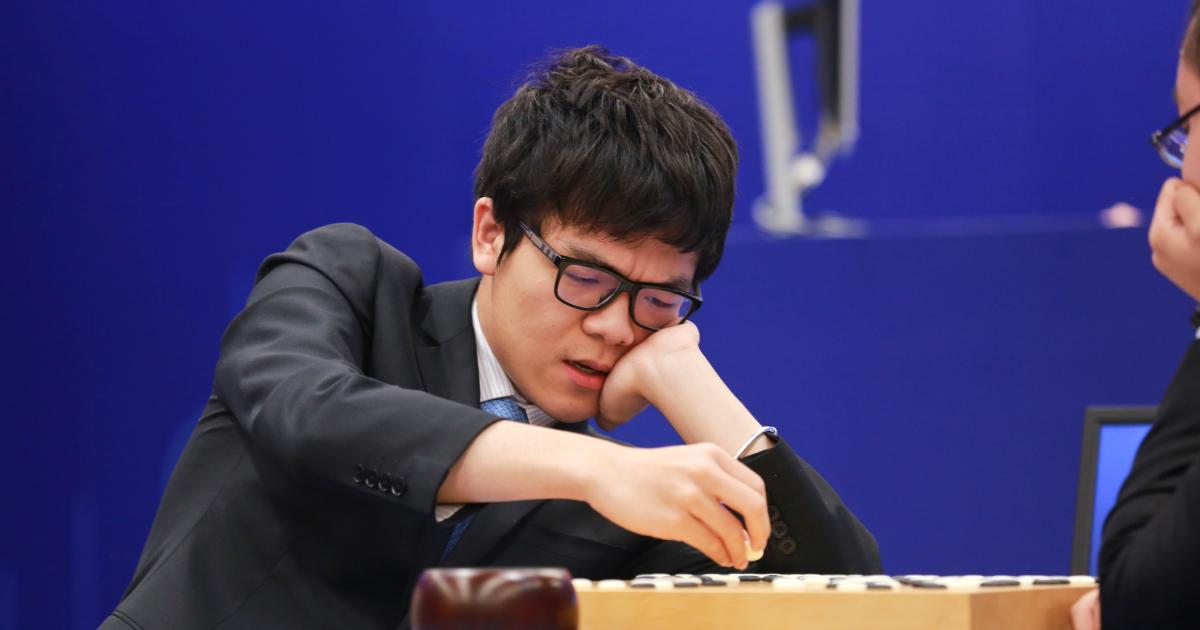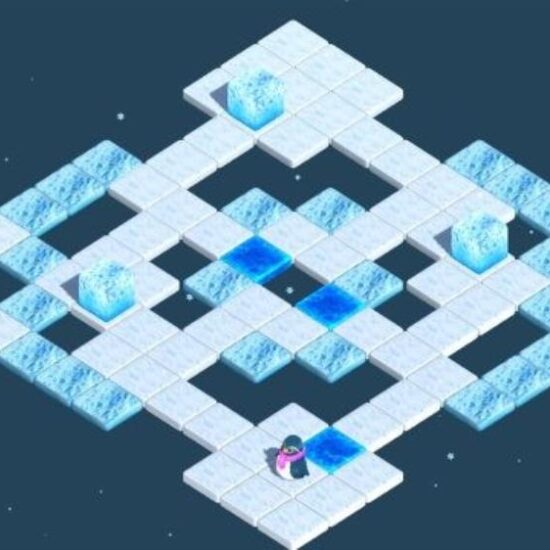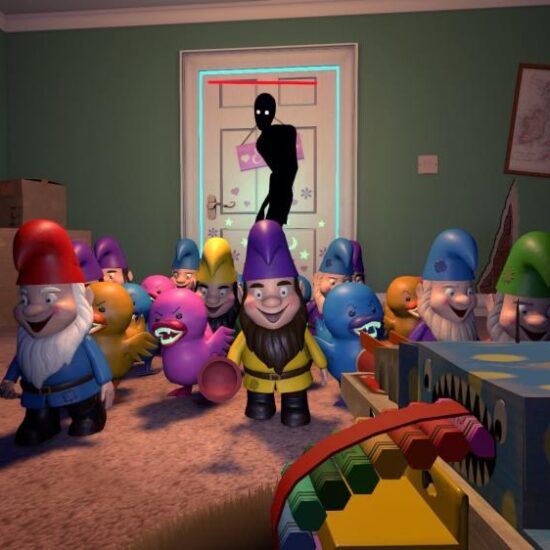
Earlier this year, an amateur Go player one of the game’s top-ranked AI systems. They did so using a strategy developed with the help of a program researchers designed to probe systems like KataGo for weaknesses. It turns out that victory is just one part of a broader Go renaissance that is seeing human players become more creative since
In a recent study published in the journal , researchers from the City University of Hong Kong and Yale found that human Go players have become less predictable in recent years. As the , the researchers came to that conclusion by analyzing a dataset of more than 5.8 million Go moves made during professional play between 1950 and 2021. With the help of a “superhuman” Go AI, a program that can play the game and grade the quality of any single move, they created a statistic called a “decision quality index,” or DQI for short.
After assigning every move in their dataset a DQI score, the team found that before 2016, the quality of professional play improved relatively little from year to year. At most, the team saw a positive median annual DQI change of 0.2. In some years, the overall quality of play even dropped. However, since the rise of superhuman AIs in 2018, median DQI values have changed at a rate above 0.7. Over that same period, professional players have employed more novel strategies. In 2018, 88 percent of games, up from 63 percent in 2015, saw players set up a combination of plays that hadn’t been observed before.
“Our findings suggest that the development of superhuman AI programs may have prompted human players to break away from traditional strategies and induced them to explore novel moves, which in turn may have improved their decision-making,” the team writes.
That’s an interesting change, but not exactly an unintuitive one if you think about it. As professor Stuart Russel at the University of California, Berkeley told the New Scientist, “it’s not surprising that players who train against machines will tend to make more moves that machines approve of.”
All products recommended by Engadget are selected by our editorial team, independent of our parent company. Some of our stories include affiliate links. If you buy something through one of these links, we may earn an affiliate commission. All prices are correct at the time of publishing.













